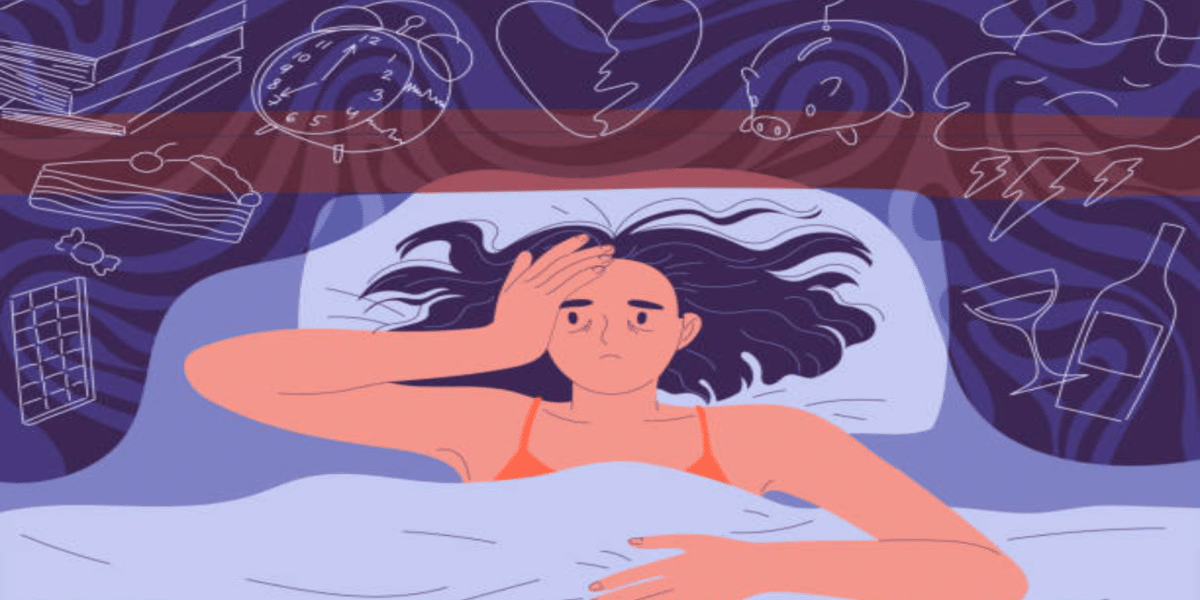Many people in the world suffer from sleep deprivation, a condition with far-reaching consequences for overall health. Sleep medicine specialist Dr Nancy Foldvary-Schaefer highlights the critical role that sleep plays in maintaining various aspects of health, underscoring that “sleep is foundational to health and wellness.”
Adequate and high-quality sleep is essential for cardiovascular, metabolic, and brain health, according to Dr Foldvary-Schaefer.
Effects of sleep deprivation
Sleep is not merely a period of rest; it is an active process crucial for conserving energy, repairing the body, and reorganising the brain.
Dr Foldvary-Schaefer explains, “We need sleep to restore nutrients, clear toxic materials, and recharge for the next day.” Even losing as little as 1.5 hours of sleep can lead to short-term issues such as lack of alertness, memory problems, mood swings, and difficulty engaging in daily activities.
The consequences of chronic sleep deprivation are even more alarming. Research has shown that a lack of sleep negatively impacts several bodily functions, leading to fatigue, poor balance, mood disorders, and neurological issues.
Read More: Shararat cast reunites for lunch, sparking nostalgia, calls for reboot
For example, studies have found that sleep deprivation can impair coordination, increase the risk of accidents, and contribute to mental health issues like depression and anxiety. Dr Foldvary-Schaefer points out that people with insomnia are twice as likely to experience depression, creating a vicious cycle where sleeplessness both results from and contributes to mental health problems.
Broader health implications
Sleep deprivation also has significant effects on physical health. It weakens the immune system, making individuals more susceptible to illness and slowing recovery from infections like the cold or flu. Additionally, it can lead to weight gain by disrupting key hormones that regulate hunger and stress. The condition also raises cortisol levels, which can contribute to heart disease, anxiety, and signs of aging.
Moreover, sleep deprivation increases the risk of car accidents. The National Highway Traffic Safety Administration equates driving after 20 hours without sleep to driving with a blood alcohol content of 0.08%, the legal limit in most U.S. states.
Lack of sleep is also linked to a higher risk of cardiovascular diseases, including hypertension, arrhythmias, and Type 2 diabetes.
Dr Foldvary-Schaefer warns that chronic sleep deprivation can also lead to long-term health issues such as Alzheimer’s disease, pre-diabetes, and hormonal imbalances. In children, insufficient sleep can result in behavior problems, impaired learning, and decreased academic performance.
How much sleep is enough?
Despite the importance of sleep, many Americans fail to get the recommended amount.
According to a report by the National Sleep Foundation, adults need between seven and nine hours of sleep per night. However, at least 30 per cent of American adults are sleeping less than seven hours. The amount of sleep required varies by age, with newborns needing up to 17 hours and older adults requiring around seven to eight hours.
Combatting sleep deprivation
To address sleep deprivation, Dr Foldvary-Schaefer suggests gradually adjusting bedtime, creating a nighttime routine, avoiding alcohol before bed, and breaking bad habits such as using electronic devices late at night. If these steps do not help, it may be necessary to consult a healthcare provider for further evaluation.
In conclusion, sleep is not a luxury but a necessity. Ensuring adequate rest is essential for maintaining both physical and mental health, and neglecting it can lead to a range of serious health problems.
















